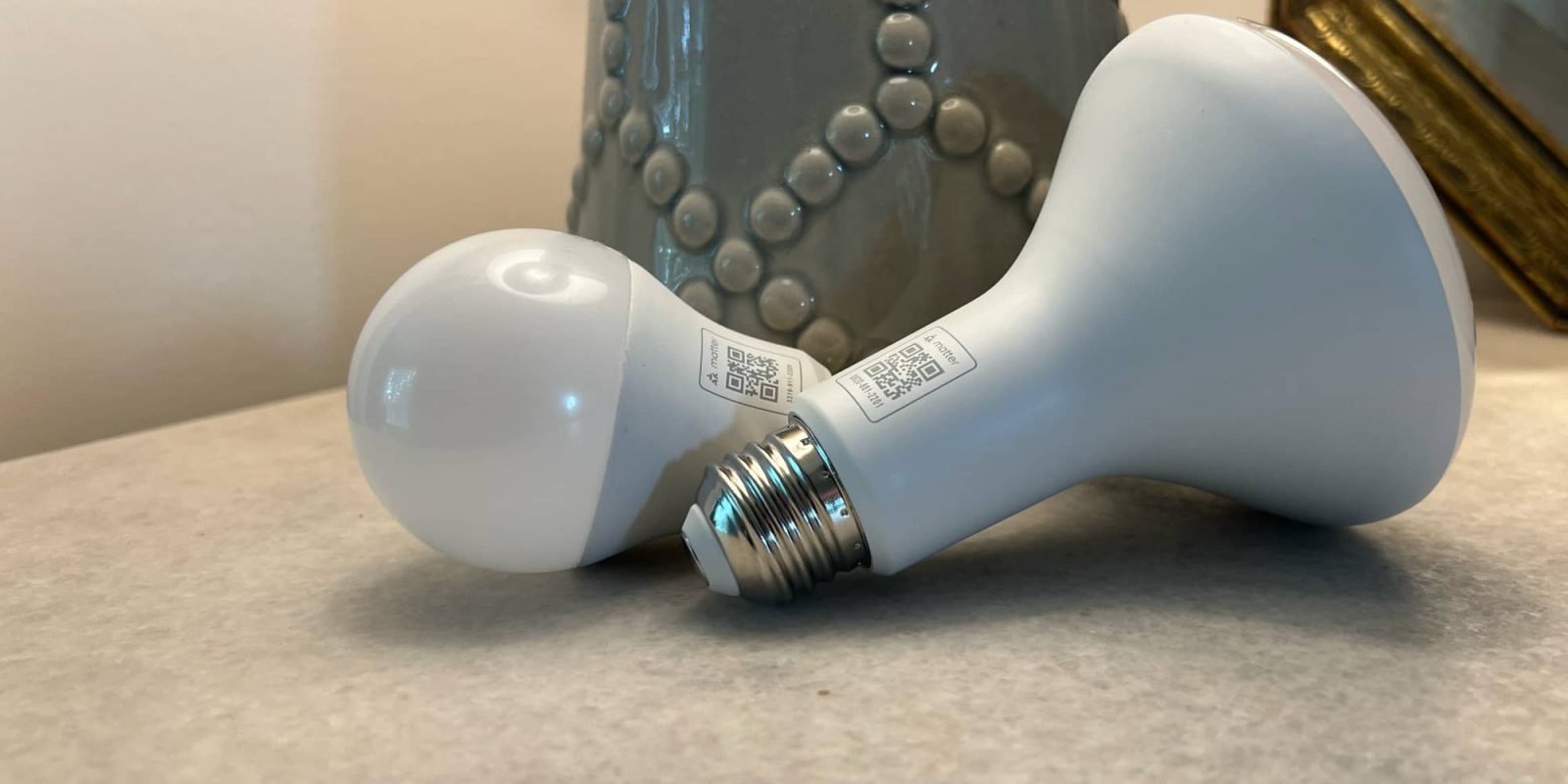
Smart lighting is one of the foundational aspects of a smart home. In fact, I would argue it’s likely the most common aspect of almost every smart home. There’s something magical about having lighting turn on and off via your voice, on a schedule, or based on motion. Outside of smart shades, it’s what you’ll see in movies in the richest of mansions as well. Thanks to low-cost items, anyone can have the luxury of smart lightning. The question I often get is which is best for lamps and other types of lightning outside of overheard lights – smart bulbs vs smart outlet adaptors?
HomeKit Weekly is a series focused on smart home accessories, automation tips and tricks, and everything to do with Apple’s smart home framework.
What are the differences between the two device types?
This might seem like a basic question. It is basic, but I want to set the foundation of thinking through this because I’ve struggled with the benefits and weaknesses of both. Depending on your situation and goals, you might lean one way or another.
For smart bulbs, I think I would sum up the use case as:
- You want the option to dim the light
- You want the option to change colors or light temperature
With a smart bulb inside of a lamp or overhead light, it’ll essentially “stay on” all the time from an electrical standpoint. While it’ll use minimal power during this time, it’s something to be aware of. Smart bulbs are LED-based so they generally use minimal power even at full power. It goes without saying, but if you want smart lightning in an overhead light, this is the only option
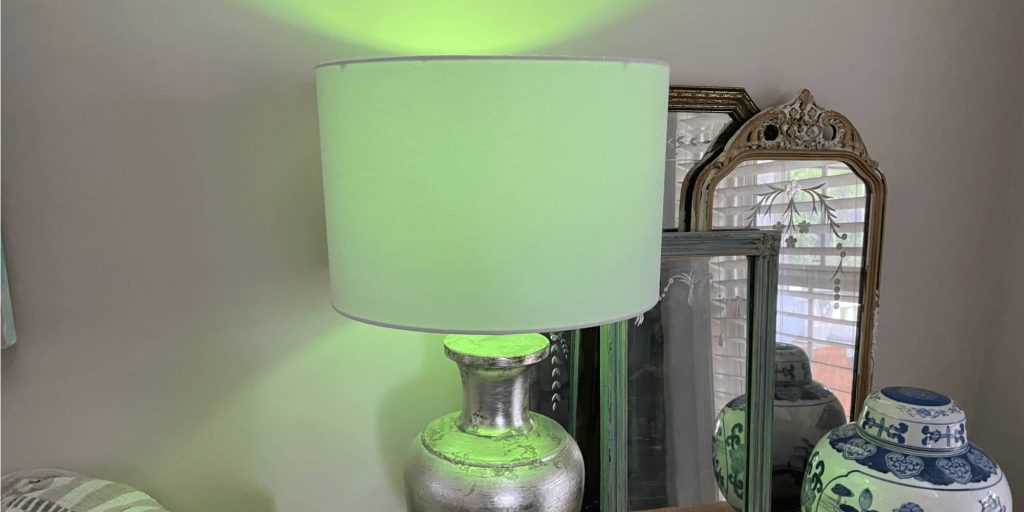
With a smart outlet adaptor, you’ll plug the lamp or other light into the smart outlet adaptor and then plug the adaptor into the wall. One benefit here is that when the outlet adaptor is off, the lamp is fully off. If you have an older lamp that might be prone to getting hot for long periods when on, I highly recommend a smart outlet adaptor here. One benefit here is that it’s generally easier to troubleshoot a smart outlet adaptor as well as reset it in case of technical difficulties.
What to consider – smart bulbs vs smart outlet adaptors?
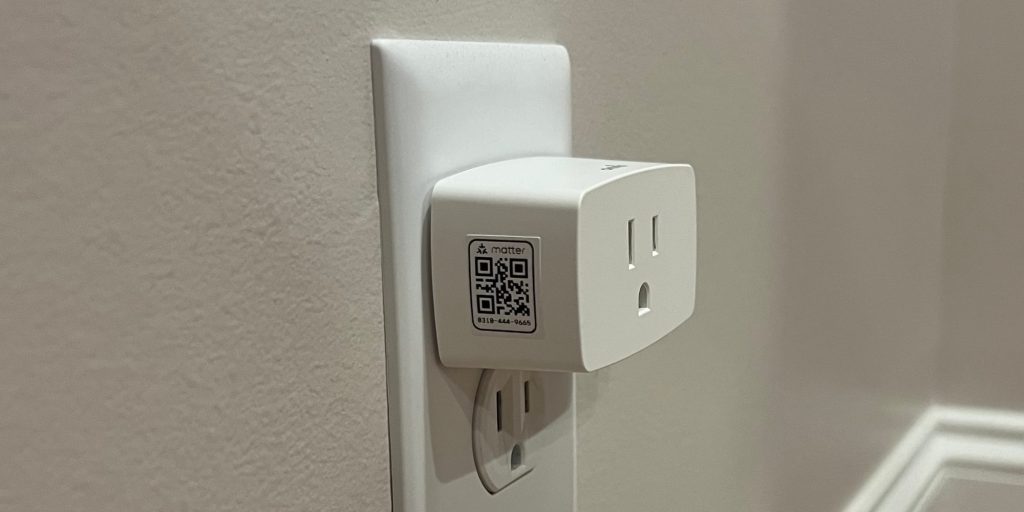
I think there are a few things to consider when deciding between HomeKit smart bulbs vs. smart outlet adaptors. The two questions are:
- Do you already have LED bulbs that have a light temperature you enjoy? Especially for bedrooms, this is a key question as it can be a huge part of creating the right experience to go to sleep. If so, you might look at a smart outlet adaptor
- If you don’t have bulbs already, what features are important for you? Do you want to dim? Do you want multiple color options? Does HomeKit Adaptive Lighting appeal to you?
If you have LED bulbs that you’re already happy with, I’d go with a smart outlet adaptor. Products from Onvis, Eve, and Linkind are great options. They all work well with HomeKit and Eve and Linkind are Matter compatible as well.
If the ability to dim and change colors is important to you, I would look at smart bulbs. For my day-to-day use, HomeKit Adaptive Lightning is the single best feature to look for in a smart bulb. My go-to bulbs are the A19 bulbs from Philips. Another great option is the OREiN bulbs that support Matter.
FTC: We use income earning auto affiliate links. More.

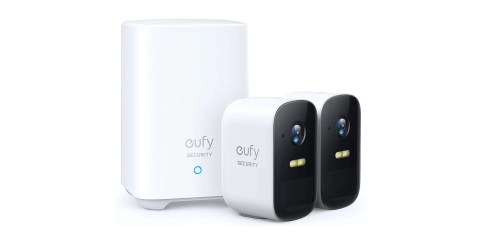
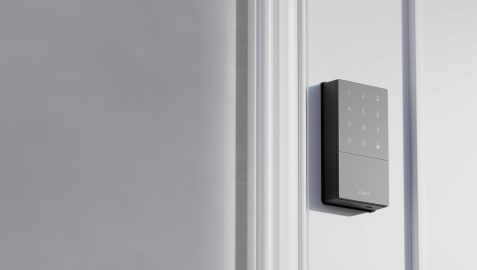






Comments